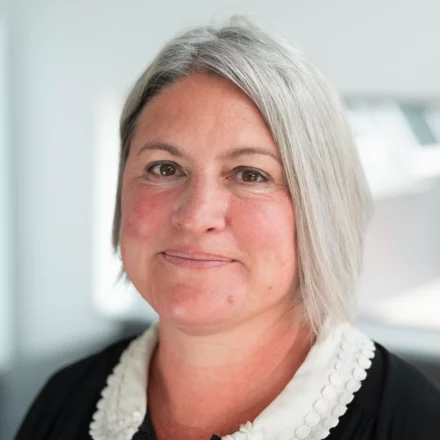
In November 2023 the Family Solutions Group published their report “A Child’s Right to Matter” exploring the needs of children when parents separate. The report highlights the lack of provision available to meet the needs of children going through separation and points to the fact that no one in government is taking responsibility for those families for whom neither public nor private law court proceedings are appropriate.
Sir Andrew McFarlane, President of the Family Division, said as follows:
“I very much welcome the publication of ‘A Child’s Right to Matter’.
It is, sadly, necessary for this report to state its standout finding that ‘the needs of children when parents separate have been overlooked’. It is a palpable truth.
We should all now heed the report’s clearly stated call for action.”
“A Child’s Right to Matter” records as follows:
- In 2021, there were 2.3 million separated families in the UK, with 3.6 million children.
- Almost half of children are growing up outside the traditional nuclear family.
- 44% of babies born at the start of the century did not live with both biological parents their entire childhood.
- Every year, approximately 280,000 children have parents who separate.
- The UK Youth Parliament found that young people face a wide range of concerns when parents separate but 74% would not know who to ask for information or support.
The feedback given from young people (aged 11-18) is something that all separating parents should take time to consider.
- Young people talked of a number of concerns they face during and following a family separation: about practical changes such as their housing, about their siblings, about spending time with both their parents and about their own wellbeing.
- They want to know what is happening, to have open communication, especially to know when and how they would spend time with both parents.
- They wanted stability and to have a voice in future arrangements. They highlighted their sense of powerlessness and spoke of being “done to” not “done with”. They felt trapped with other people’s choices.
- Over half (53%) said they did not know they had a right to be consulted when decisions are made which affect them.
- They spoke of family separation being a taboo subject, nobody talks about it and there aren’t places to go to talk things through.
- 74% did not know who to ask for support and the majority of children did not know of any support services who could help them. (They identified a number of general support services (e.g. Childline), none of which are specific to issues of a family separation)
- Most (67%) said they would turn to friends or family for support, especially grandparents and aunts; some children felt very isolated.
- 67% felt that teachers did not understand their needs when going through a separation or could help only to a limited extent.
- Just under half (48%) said they did not know they had a right to information when parents separate.
- Looking to the future, they identified schools as the best way to access information and support, including PSHE lessons. They had lots of other ideas too, including social media.
- Young people said they had to grow up more quickly and choose which parent they preferred, which they felt was an unfair question. Parents and adults could be manipulative.
The executive summary of the report can be accessed here:
and the full report here:
https://www.familysolutionsgroup.co.uk/wp-content/uploads/2023/11/A-Childs-Right-to-Matter.pdf
